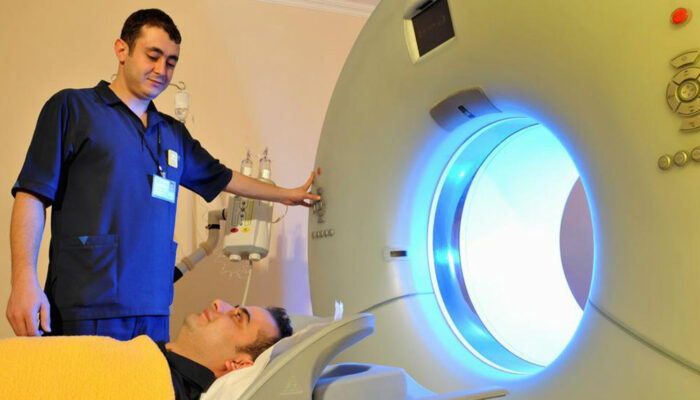
Ovarian Cancer – Early Signs and Prominent Symptoms
The ovary is the part of a woman’s body where the eggs are produced, and ovarian cancer is the type of cancer that affects this organ. The early signs and key symptoms of ovarian cancer can be similar to other medical conditions, which makes the condition difficult to diagnose. Here are some signs and prominent symptoms of ovarian cancer that one should be aware of:
Early signs
During the initial stages of ovarian cancer, there would not likely be any symptoms that are easy to notice. However, as the disease progresses, it increases pressure on the uterus, bladder, and rectum. This is when most people first notice the symptoms, so it is important to be mindful of the early symptoms of ovarian cancer so that it can be diagnosed early. Bloating and cramping in the abdomen or pelvis can indicate the early stages of ovarian cancer, and one may also lose their appetite during this time. In some cases, people feel full just after eating a few morsels of food.
If one is developing ovarian cancer, they may feel nauseated and experience indigestion, which can also lead to an upset stomach. If one feels a constant pressure on their pelvis or lower back and has to urinate frequently, it can indicate ovarian cancer. Unexplained constipation and exhaustion are other important symptoms of ovarian cancer that one should look out for. The abdomen may swell up during the early stages of the condition, and the other early signs are menstrual changes, painful sex, and unexplained weight loss. If these symptoms do not heal with basic treatment and become a regular issue, one should consult a doctor for further examination.
Prominent symptoms
Ovarian cancer generally occurs in the outer layer of the ovary, which is known as the epithelium. It is true that the symptoms can resemble other medical conditions, but a persisting symptom may indicate ovarian cancer. Increasing pressure on one’s pelvis results in pain over time, and one may also experience sudden vaginal bleeding. Abdominal pain and backache are also common symptoms, and one’s bowel habits will most likely change if they are affected by ovarian cancer. If these symptoms persist, one should consider visiting a doctor for a check-up.
Other than these symptoms, there may be other indications of ovarian cancer like nausea, indigestion, appetite loss, weight loss, breathlessness, and constant fatigue. If the cancer starts to spread to the other areas of the body, patients will start developing other symptoms as well.
In most cases, ovarian cancer can be successfully treated if diagnosed in the early stages, so if one notices any of these early signs and symptoms, they should contact a doctor immediately to prevent further complications.



